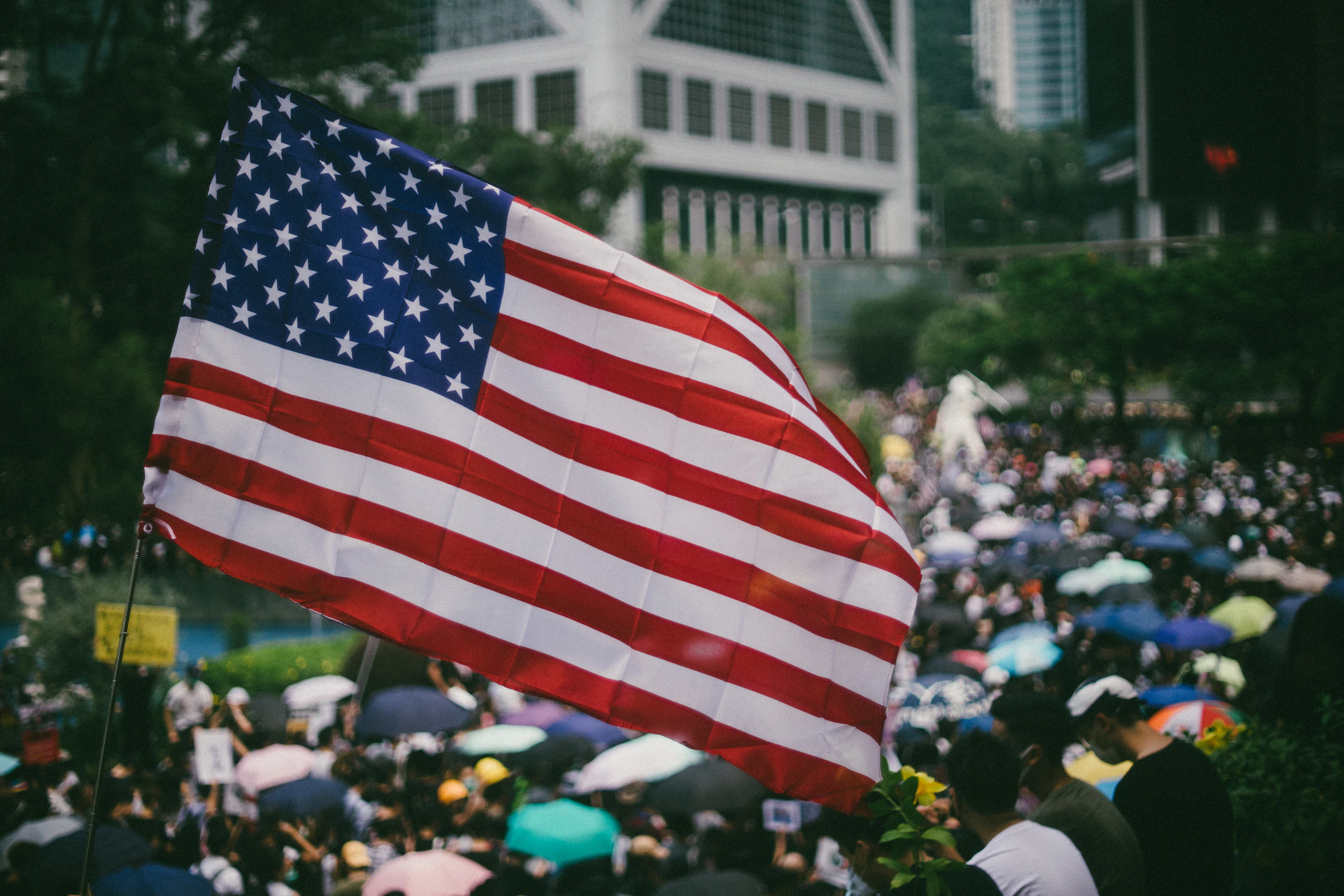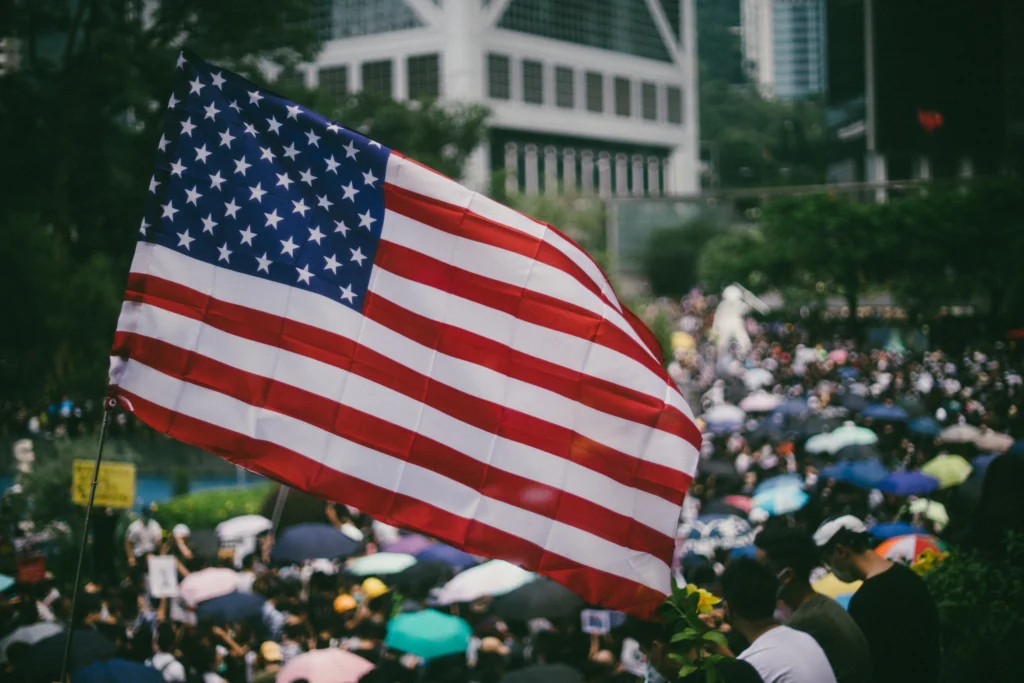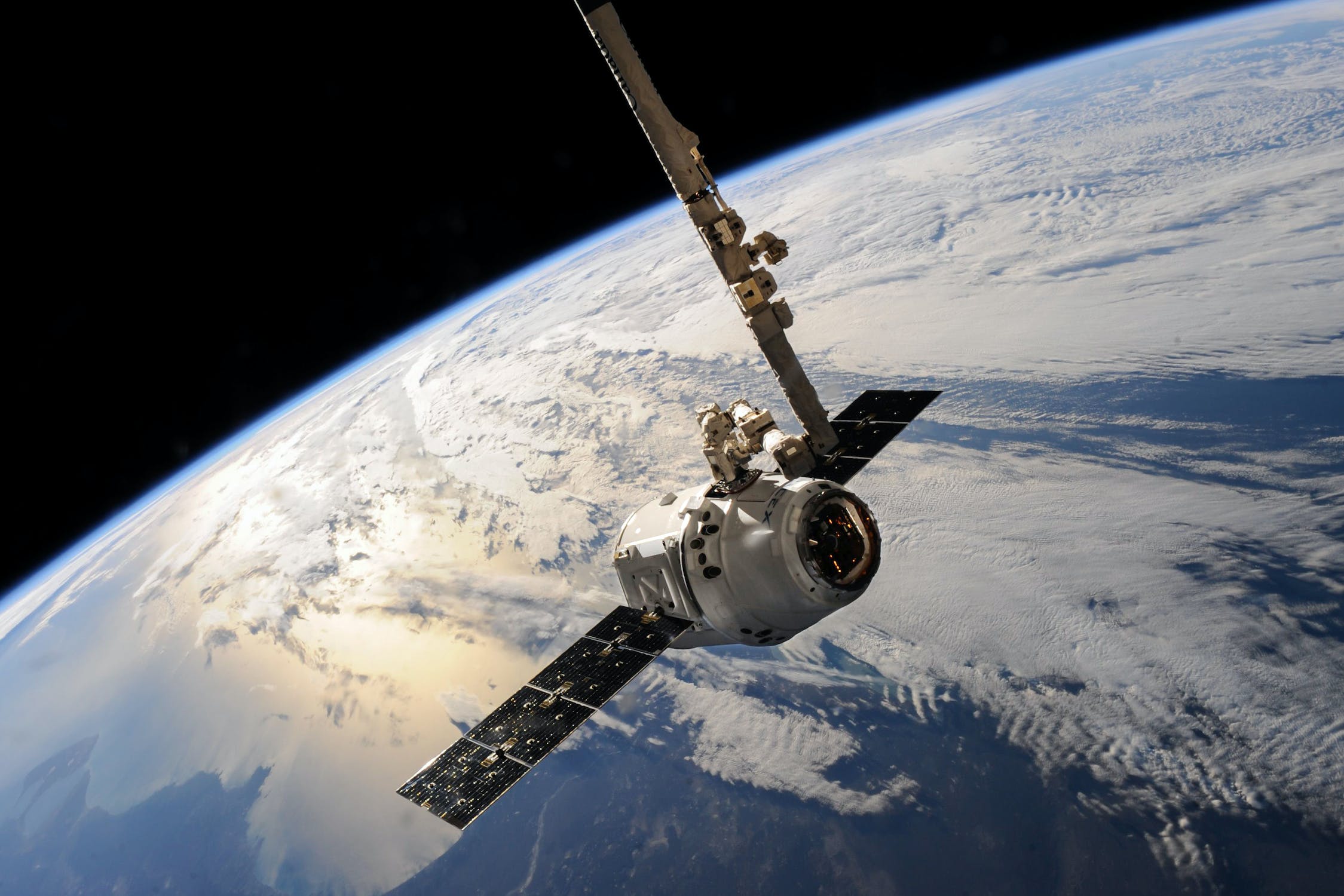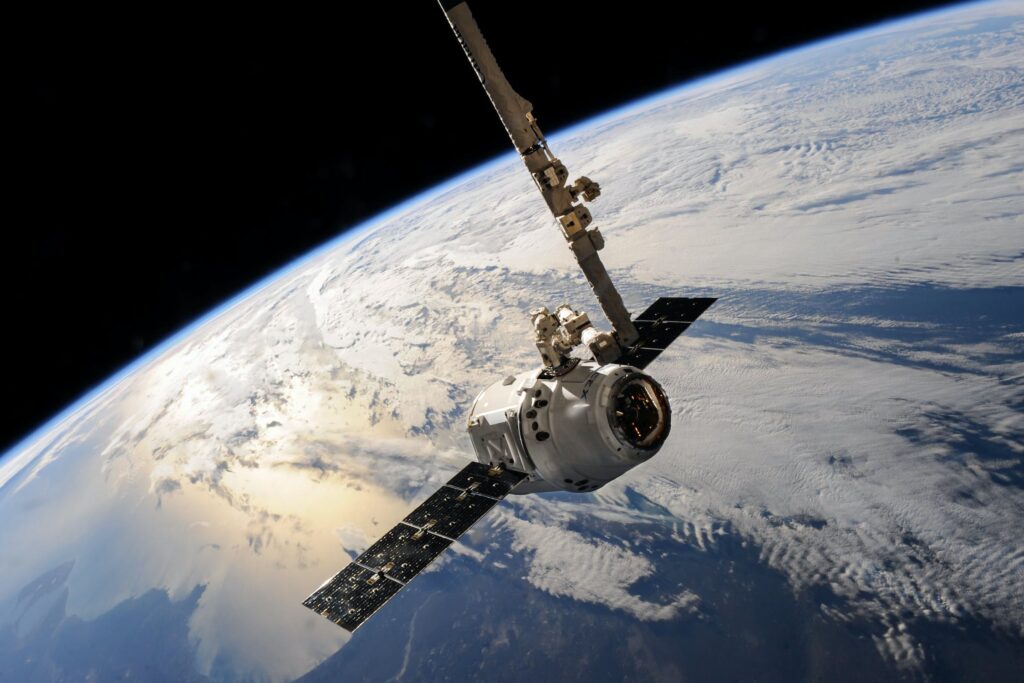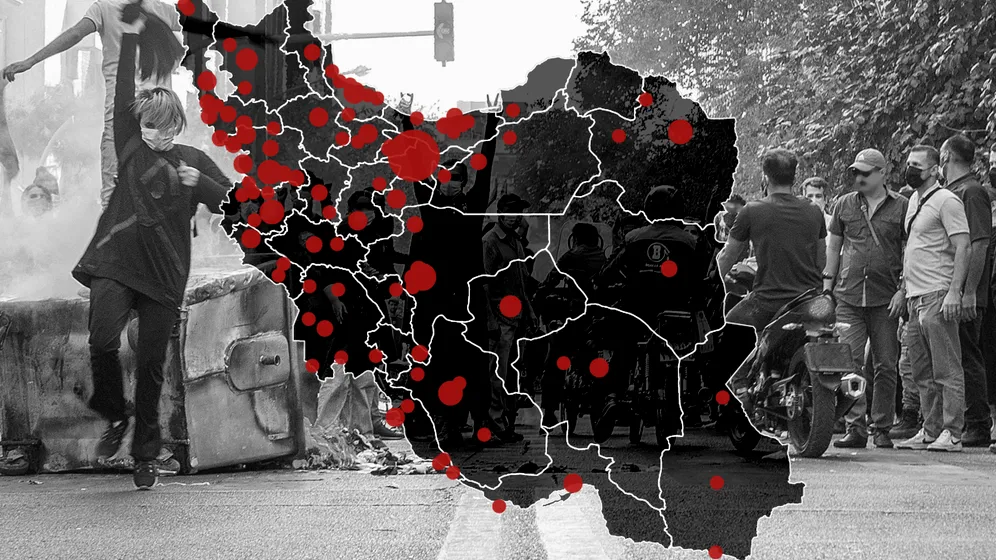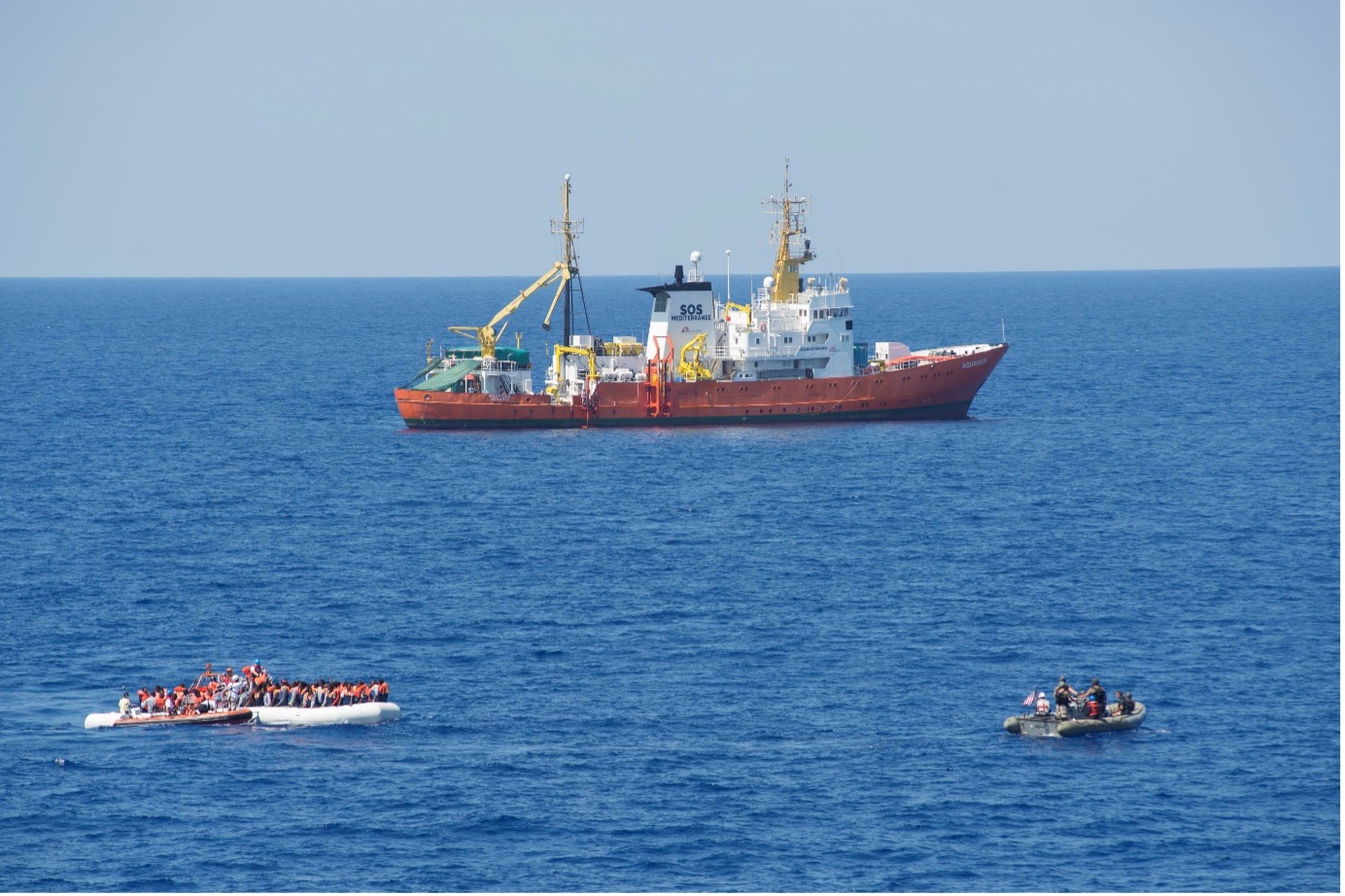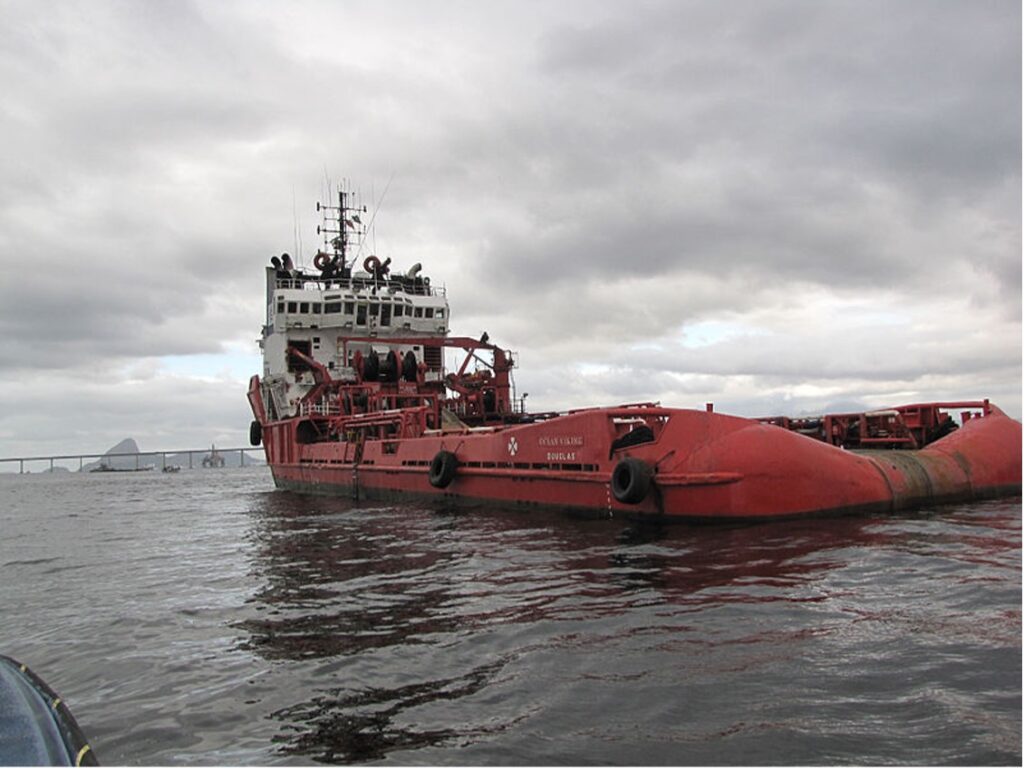This is a transcript of an indepth interview with Paul S. Szymanski who has a 49 year experience conducting military operations research analyses for the United States Air Force and Space Force, Navy, Army and Marines. These include outer space program analysis, management, and development of space warfare theory, policy, doctrine, strategies, tactics and techniques. He has worked with the Air Staff at the Pentagon (Secretary of the Air Force), the Space and Missiles Systems Center (Now SSC) in Los Angeles, and the Air Force Research Labs (AFRL) in Albuquerque, New Mexico, along with experience in operational field testing of missile systems at China Lake, California. He is the author of several publications. This transcript is last in a three-part series of content extracted from an interview with Mr. Szymanski.
Interviewed and Edited by: Danilo delle Fave.
Based on your experience in the field and the expertise that you have acquired, you have developed a set of rules to fight and win the next space war, could you explain these?
Preconflict Positioning: Since it is very difficult to change orbits at the last minute (especially changing orbital inclination), immediate space combat can only be fought with the current resources on hand in the local area, for quick space wars. There will be no transconflict redistribution of space forces to help those forces under immediate attack, unless the space war continues for months on end if a decisive space attack is not accomplished in the beginning. Thus, preconflict positioning of space assets is possibly the most important aspect of space strategies. This principle is related to the other fundamental principle of maximizing high maneuvering abilities of space assets. Dominating and survivable preconflict satellite positioning and extensive satellite on-board maneuvering fuel is of most importance.
Space Situational Awareness and Weapons Range: It does not matter how plentiful or how brilliant your adversary space weapon systems are if they cannot find or reach your critical space systems. If you are constantly maneuvering so that he cannot find you, or your satellites are in hard to reach orbits, or have low observables, or you possess many believable satellite decoys, then he can never dominate you. Perceptive space situational awareness (SSA), Space Domain Awareness (SDA) and predictive battlespace awareness (PBA) will dominate any offensive weapons capabilities. Because of the inherent instability of offense vs. defense in space warfare, the most important tool for senior military and political space leaders is space surveillance and identification sensors with corresponding automated assessment algorithms, particularly those that provide PBA.
Decisive Political Will: Having space forces that are superior in numbers and technological quality are useless if there is not the political will to fully and quickly use them. This principle may imply dictatorships are more at an advantage than democracies. Hesitation and uncertainty can rapidly lead to failure in space warfare. Effective doctrine and decisive and confident political will is most necessary to counter adversary military actions in the space environment. However, let’s be frank – mistakes will be made regardless of full domain awareness.
Maneuver: A satellite’s ability to frequently conduct large, small, or continuous maneuvers, especially just before and during a space conflict, might be the best capability to keep your adversaries guessing as to your space control intentions and planning, besides complicating his targeting solutions, especially when said adversary may lack worldwide space surveillance sensor coverage.
Unusual Orbits: Unusual orbits increase the difficulty of your adversaries to determine your intentions or target you quickly.
Value of Space: Due to the newness of space warfare, your adversary probably does not fully understand the value of space both to himself and to his adversaries. This complicates his ability to prioritize his targeting plans, and may contribute to him wasting precious maneuvering fuel and limited “shots” from space weapons going against low-value satellites, along with ceding time and tempo advantages to the other side. Ultimately, space warfare is actually information warfare, so it is difficult to mathematically assess the value of the information generated or transmitted by satellites to the commanders’ minds with timely and decisive decision-making processes.
Political Consequences: Due to the newness of space warfare, our adversary and probably ourselves do not fully understand the political, diplomatic, economic, and international ramifications of employing space weapon systems, especially post conflict.
Effective Doctrine: Due to the newness of space warfare, our adversary and probably ourselves do not fully understand the best theory, doctrine, strategies, tactics, and techniques for conducting optimized space warfare. Big mistakes will be made by both sides.
Mistakes Will Be Made: Due to the newness of space warfare, most carefully laid plans, doctrines, strategies, tactics, techniques, political, technological, and correlation of forces assumptions will prove false and be immediately thrown out (or worse, be so dearly held, they lead to immediate defeat). This rule equally applies to both sides of the conflict, unless one side is lucky enough to have gotten space doctrine slightly more correct than the opposing side.

Vary Space Weapon Types: Due to the newness of space warfare, it might be best to possess different phenomenology space weapon systems with varied basing options to increase the chance you developed your preplanning and space doctrine right for a type of conflict that has never occurred before. Remember, in all previous wars the first casualties are most, if not all, of the preconflict plans.
Define Winning: The concept of “winning” in space warfare is not clearly defined. Its definition may be made by political leadership with limited technological or military knowledge and may be based on purely political, propagandistic, or failed doctrinal principles. Your adversary will certainly have a very different definition of winning, which means both sides may perceive they have “won” the space conflict and derive quite different conclusions that will dominate their military, political, diplomatic, and economic (commercial and procurement strategies) thinking for decades to come. One’s space strategies employed during the conflict should take this into consideration to place your nation into a favorable position post conflict.
Space Debris: Creation of too much space debris during space conflicts may make losers out of all sides after the conflict, in the long term, and lead to global political consequences.
Future Political Impacts: You may be assured that after the conduct of a major space war, national and international protocols, treaties, rules of conduct, insurance claims, and alliances will be radically changed for space. One’s space strategies employed during the conflict should take these into consideration to place your nation into a favorable position post conflict.
Adversary Postconflict Reactions: You may be assured that after the conduct of a major space war, your adversaries and other nations will learn from this war and probably build up their own space weapon capabilities, even if necessarily covertly. One’s space strategies employed during the conflict should take these into consideration to place your nation into a favorable position post conflict.
Space Escalation Ladder: Due to the remote nature of space systems, the world’s populace may be kept in the dark (especially for low-level space conflicts) on what is truly happening, which provides additional, more subtle rungs, on the conflict escalation ladder, allowing nations to privately exhibit resolve and will while transmitting determined political messages.
Space Warfare Inherently Conflict Destabilizing: Because a small, relatively inexpensive space mine can take out a large billion-dollar satellite critical to the conduct of your military operations and actual satellite point defense is problematic due to probable ASAT hypervelocity closing speeds, offense is better than defense in space warfare, making it inherently unstable for conflict escalation.
Quick Space Attacks Possible: Due to the remote nature of satellites in space, small-scale space attacks may be initiated, executed, and completed before the recipient even knows he is under attack, who is attacking, what are their attack strategies and goals (end states), and when an uncomprehending senior political leadership can validate the attack and respond in a military, political, diplomatic, or economic manner. Large-scale space attacks may be initiated, executed, and completed within 24–48 hours. Without adequate and timely SDA/SSA and determined political will, an adversary can easily get within your Observe, Orient, Decide, Act (OODA) command-and-control loops for space and shock and confuse you in space, and on the ground.
Space Exhibits Escalation Imbalances: Due to the remote nature of satellites in space and the difficulty for space surveillance assets to determine the true nature of space attacks, and because space attacks may be initiated, executed, and completed within 24–48 hours, there is a good chance that the side that initiates space attacks first will be the side that wins the space war.
Covertness and Surprise of Prime Importance: Due to the remote nature of satellites in space and the difficulty for space surveillance assets to determine the true nature of space attacks, and because space attacks may be initiated, executed, and completed within 24–48 hours, covertness and surprise will significantly contribute to winning the space war.
Joint Military and Commercial Space Use: Mixing military and commercial systems on the same satellites increases the chances of space conflict escalation due to the general populace immediately becoming aware of the effects of satellite loss and placing pressure on political leadership to take precipitous actions. Thus, the nuances of steady and reasoned escalation control are lost.
Space Only Benefits Terrestrial Systems: Space conflict is all about denying satellite support to military forces or civilian populations on Earth—not simply the elimination of satellite systems for destruction sake or as a space “scorekeeper.” Currently, there are no colonies that the United States Space Force needs to protect in space. It’s all about space support to the terrestrial battlefield.
Small Space Forces Can Beat Larger: As in many other conflicts past and present, having space forces that appear superior in numbers and technological quality on paper does not guarantee a “win” under all circumstances. There are many examples throughout thousands of years of military history of numerically inferior forces beating their “betters.” Many times, it is the forces with better doctrine, planning, morale (political will), or positioning that win. This can only be truer for a new area of conflict in space that has little, if any, past military examples and experiences.
Public Opinion Will Limit Military Options: Even though space wars entail very few, if any, human casualties, international public opinion values space wars as more politically unacceptable compared to terrestrial destruction and loss of human life from traditional warfare on Earth. In addition, space wars will fire the imaginations, good or bad, of your citizens, along with much of the rest of the world that is not actively participating in the conflict.
Allies Count Little Militarily for Space Wars: Due to the limited number of countries with future space weapons systems and their attendant need for covertness along with international political sensitivities, each adversary will probably have to go it alone, and his allies cannot or will not significantly help them openly in the coming space conflict. In addition, more than likely, allied space systems will be in the wrong space defense regions, and incapable of maneuvering closer for mutual defense in a timely manner.
Space Treaties Will Be Violated: Most space treaties will be violated in the first few hours of the coming space war. International treaties have usually been violated in most previous major terrestrial conflicts, and due to the remoteness of space, treaties concerning the military use of space are easier to ignore, especially when the world populace may not even be aware of this ongoing space conflict, and the United Nations does not possess space surveillance assets.
Data Relay Satellites Are Prime Targets: Possibly the most important space targets will be those satellites that relay data and commands directly to other satellites in remote orbits, making them choke points for critical space systems. This is particularly true for those countries without extensive worldwide satellite ground control stations.
Defense vs. Offense: Those nations that have more space systems being used by their military also have more space systems to defend and probably must emphasize defense over offense in their technology developments and in their military planning. If your adversary has few space systems, then there are fewer targets for your offensive space weapons, and you must emphasize defense, unless you believe that you have perfect SDA/SSA and you know all your adversaries’ and their allies’ offensive space weapons and believe you can target and neutralize these early in the space conflict before he can fully implement his offensive space warfare plans.
Space Warfare Systems Are Untested: If your adversaries’ space warfare systems are untested in real, sustained combat, then their true abilities against you are uncertain and they probably possess “cracks in their armor.” Unfortunately, the same is probably true of your space warfare systems (whether you believe this or not), but the true vulnerabilities and failure points of both sides may not be obvious or believable. However, be assured, due to the new nature of space warfare, they do exist in plenitude, and the quickest way to defeat is possessing overconfidence.
Differing Cultures and Military Traditions: Because your adversaries probably come from different cultures and military traditions than your own, they have a higher probability of detecting your space warfare systems nonobvious “cracks in their armor” than you do, and vice versa.
You Are Always Vulnerable: As in all military matters since time immemorial, due to the cleverness of human beings, especially under stressful combat conditions, your adversaries will ultimately find your vulnerabilities and get through any defenses you may fool yourself into thinking are “invulnerable.”
Decisive Commander: For those countries at war with roughly equal space warfare forces, the main decisive factor would be which country may be lucky enough to discover and believe in the one decisive commander who is a genius in space warfare organization, training, doctrine, strategies, and tactics. This is especially true for the nontraditional nature of space warfare. In addition, those countries with the least meddling in military matters by their politicians might be the decisive factor in winning the war (though possibly “losing” the peace afterward).
Little to No Human Casualties: Because space warfare involves little to no human casualties, commanders can be particularly decisive and coldhearted in their planning and execution compared to terrestrial warfare. As the late Maj Gen Roger G. DeKok, USAF, stated, “Satellites have no mothers.” In addition, morale and courage on the battlefield is of less importance, though command decisiveness remains a critical factor.
Low-Cost Offensive Weapons: Due to the hypervelocities of space orbits, one cannot adequately armor your spacecraft, and a small, relatively inexpensive space mine can take out a large billion-dollar satellite critical to the conduct of your military operations.
Space “Fog of War”: The potential for confusion known as the “fog of war” is well-documented for terrestrial battlefields; it will be even worse for space warfare, due to the newness of this theater for conflict, the tremendous distances involved, and the global nature of space.
Commercial Satellites Are on Their Own: Commercial satellite operators whose expectations are that the military will protect their space systems during conflicts will have a rude awakening.
Checklist Vulnerability: Operators who are trained to respond to unusual situations by rout “checklist” actions can be easily spoofed and manipulated by a clever adversary, especially in a contested environment with denied or degraded communications to higher headquarters (rule suggested by Paul Day).

